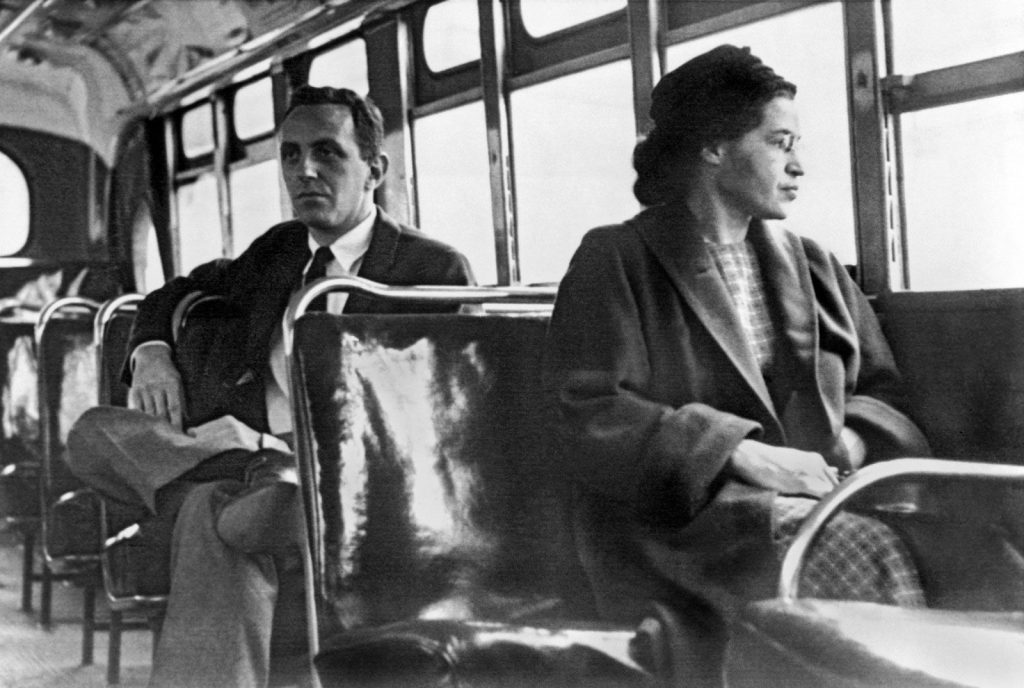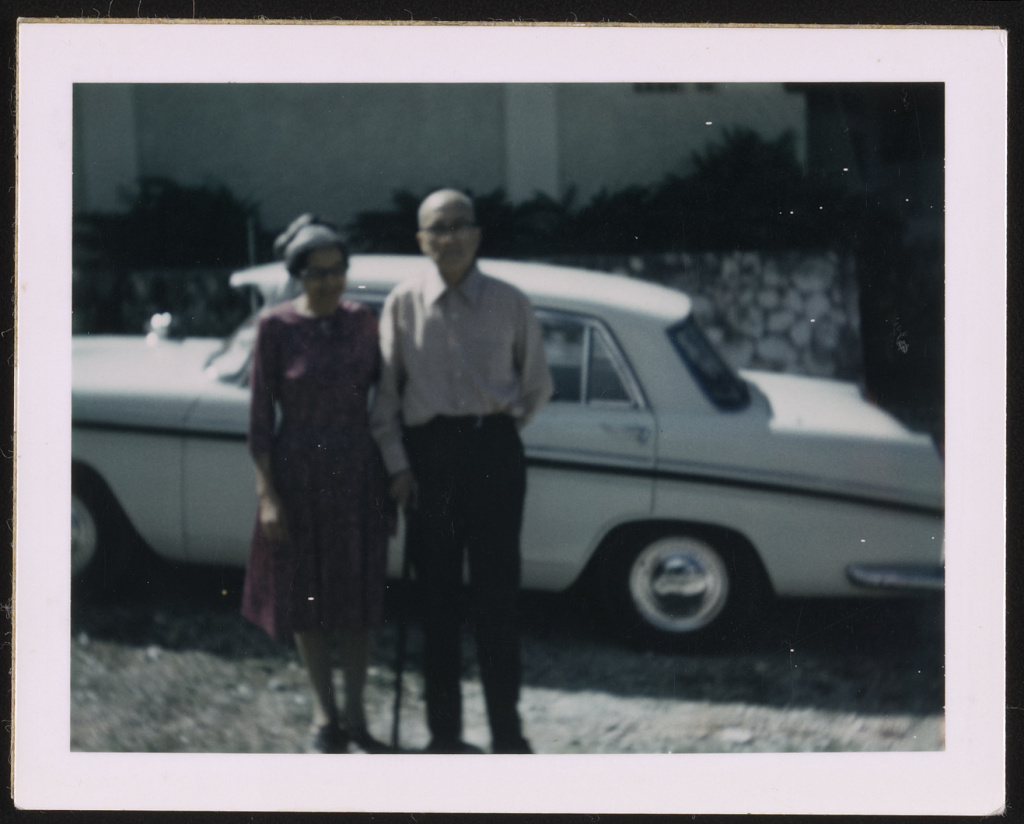Muslims generally do not celebrate Thanksgiving as it is a secular American holiday. Some Muslims may partake in the festivities due to cultural assimilation.
Thanksgiving is a national holiday in the United States, celebrated with family gatherings and feasts. Its origins lie in early colonial history, marking a harvest celebration. While it holds no religious significance in Islam, some Muslims in America may join in the celebration.
They do so to share cultural experiences with friends and neighbors. This participation can foster a sense of community and mutual respect. Yet, many Muslims choose to observe their own religious holidays, such as Eid al-Fitr and Eid al-Adha. These celebrations align more closely with their faith and traditions.
Thanksgiving Origins
Thanksgiving is a time of gratitude and family gatherings. Many people wonder about its origins and whether Muslims celebrate it. Let’s explore the historical background and cultural significance of Thanksgiving.
Historical Background
Thanksgiving began in the early 17th century. Pilgrims celebrated the first Thanksgiving after their first harvest in the New World. They invited the Native Americans to join them. The feast lasted for three days. This event is often considered the birth of Thanksgiving in America.
The Pilgrims were English settlers. They sought religious freedom. They sailed on the Mayflower and landed in Plymouth, Massachusetts. The harsh winter made survival difficult. Native Americans taught them how to grow crops. The successful harvest led to the first Thanksgiving.
Cultural Significance
Thanksgiving has evolved over the centuries. Today, it is a national holiday in the United States. It symbolizes gratitude, family, and community. People gather to share meals and give thanks for their blessings. The holiday has different meanings for different communities. Some see it as a time to reflect on history. Others view it as a celebration of unity and togetherness.
For Muslims, the decision to celebrate Thanksgiving varies. Some see it as a cultural event. They join in the festivities with friends and family. Others may choose not to celebrate. They may feel it is not part of their religious traditions.
Overall, Thanksgiving is a time of reflection and gratitude. It brings people together, regardless of their background or beliefs.
Muslim Holidays
Muslims around the world celebrate several important holidays. These holidays have deep religious significance. They offer moments of joy, reflection, and community. The two most significant are Eid al-Fitr and Eid al-Adha.
Eid Al-fitr
Eid al-Fitr marks the end of Ramadan. Ramadan is a month of fasting and prayer. This holiday is also known as the “Festival of Breaking the Fast”.
On this day, Muslims gather for a special prayer. They wear their best clothes and visit friends and family. A key part of this celebration is giving to those in need. This is called Zakat al-Fitr.
Families enjoy festive meals. Traditional sweets and dishes are prepared. It is a time of joy and togetherness.
Eid Al-adha
Eid al-Adha is the “Festival of Sacrifice”. It honors the willingness of Ibrahim to sacrifice his son as an act of obedience to God.
Muslims around the world perform the act of Qurbani. This involves the sacrifice of an animal such as a goat, sheep, or cow. The meat is then divided into three parts:
- One third for the family
- One third for relatives and friends
- One third for those in need
This act symbolizes charity, community, and selflessness. Special prayers are also held. Families gather to share meals and celebrate.
Thanksgiving In Islam
Thanksgiving is a popular holiday in the United States. It involves family gatherings, feasting, and giving thanks. But do Muslims celebrate Thanksgiving? This topic delves into how Thanksgiving aligns with Islamic principles and cultural practices.
Religious Perspectives
Muslims give thanks to Allah every day. This gratitude is expressed in daily prayers and actions. Thanksgiving, as a secular holiday, does not conflict with Islamic beliefs. There are no specific Islamic rules against celebrating it.
In Islam, gratitude is a core principle. Muslims express thanks during Salah (prayer) and other acts of worship. Thanksgiving can be seen as another opportunity to express gratitude.
Cultural Adaptation
Many Muslims in the United States celebrate Thanksgiving. They see it as an opportunity to gather with family and friends. They also enjoy sharing traditional foods and giving thanks for their blessings.
| Reasons for Celebrating | How Muslims Adapt |
|---|---|
| Family Gathering | Invite family and friends for a meal |
| Feasting | Prepare traditional dishes and halal food |
| Giving Thanks | Express gratitude to Allah |
Some Muslim families incorporate Islamic elements into their Thanksgiving. They may start the meal with a prayer (Dua) or read verses from the Quran. This way, they maintain their religious practices while participating in the cultural aspect of the holiday.
- Offer halal turkey and traditional dishes
- Start with a prayer or recitation
- Share stories of gratitude and blessings
Thanksgiving can be a time for interfaith dialogue. Muslims can share their beliefs and practices with non-Muslim friends. This fosters understanding and respect among different cultures and religions.

Credit: muslimmatters.org
Muslim Families And Thanksgiving
Thanksgiving is a time of gratitude and family gatherings. Muslim families may have different ways to celebrate. Some embrace the holiday, blending it with their own customs. Others focus on the values of gratitude and togetherness.
Family Traditions
For many Muslim families, Thanksgiving is an opportunity to spend quality time. They gather around the table, share meals, and express gratitude. Some families prepare traditional dishes, while others include Halal options.
Commonly, families might pray together before eating. This practice aligns with the spirit of Thanksgiving. It’s a moment to thank Allah for blessings received. Sharing stories and experiences also strengthens family bonds.
Interfaith families might blend Thanksgiving with Islamic traditions. This creates a unique cultural experience. Children learn about both cultures, fostering understanding and respect.
Community Celebrations
In Muslim communities, Thanksgiving can be a communal affair. Mosques and community centers often host gatherings. These events feature potluck dinners, where everyone brings a dish.
Community members share their favorite recipes, creating a diverse feast. These gatherings are also a time for charity. Many communities organize food drives to help those in need.
| Event | Description |
|---|---|
| Potluck Dinner | Community members bring their favorite dishes. |
| Food Drive | Collecting food for those in need. |
| Prayers | Special prayers for gratitude and blessings. |
Special prayers are often included in these celebrations. These prayers focus on gratitude and blessings. The sense of community is strong, reinforcing bonds among members.
Halal Considerations
Thanksgiving is a time for family gatherings and delicious meals. Muslims may also join in the festivities. Yet, they must consider Halal guidelines. These guidelines ensure the food is permissible according to Islamic law.
Food Preparation
Food preparation is crucial for a Halal Thanksgiving. Ensure the kitchen and utensils are clean. They must not have contact with non-Halal items. This keeps the food pure and permissible.
Muslims often prepare the turkey themselves. They ensure the meat is Halal-certified. This means the animal was slaughtered in a specific way. The name of Allah was pronounced during slaughter. This practice aligns with Islamic principles.
Consider using separate areas for Halal and non-Halal items. This prevents cross-contamination. Many Muslims prefer cooking at home. They have full control over the ingredients and methods.
Dietary Restrictions
Muslims follow specific dietary restrictions. They do not consume pork or alcohol. Ensure all dishes are free from these items. This includes checking the ingredients in sauces and marinades.
- Avoid using wine in gravies.
- Ensure desserts do not contain gelatin.
- Replace pork-based ingredients with Halal alternatives.
Muslims also avoid foods that are not slaughtered according to Islamic law. Always check for Halal certification on meat products. This ensures the food complies with their dietary laws.
Consider preparing vegetarian dishes. These can be a safe choice. Vegetables and grains are naturally Halal. This can make meal planning easier.
Here is a table of common Thanksgiving ingredients and their Halal status:
| Ingredient | Halal Status |
|---|---|
| Turkey | Halal if slaughtered properly |
| Gravy | Halal if no wine or pork |
| Cranberry Sauce | Usually Halal |
| Pumpkin Pie | Halal if no gelatin |
By following these guidelines, Muslims can enjoy Thanksgiving. They celebrate with family and friends while adhering to their faith.
Interfaith Celebrations
Interfaith celebrations provide a unique opportunity for different religious communities to come together. They foster understanding and mutual respect among diverse groups. Thanksgiving, though not a religious holiday, can be a platform for such interfaith gatherings.
Building Bridges
Building bridges between communities is essential for a harmonious society. Thanksgiving offers a chance for Muslims and non-Muslims to share a meal and discuss common values. This act of sharing can break down misconceptions and build friendships.
Muslims often invite neighbors and friends to join in their celebrations. This practice helps to strengthen community bonds and promote unity. Sharing stories and traditions during Thanksgiving can lead to a deeper understanding of each other’s cultures and beliefs.
Muslim families may also participate in community service on Thanksgiving. Helping those in need is a value shared by both Muslims and non-Muslims. These acts of kindness foster a spirit of cooperation and empathy.
Shared Values
Shared values form the foundation of interfaith celebrations. Gratitude is a central theme in both Thanksgiving and Islam. Muslims give thanks to Allah for their blessings, similar to how people express gratitude on Thanksgiving.
Family and community are important in both traditions. Thanksgiving is a time to gather with loved ones, much like Islamic holidays such as Eid. These gatherings strengthen family ties and community relationships.
Generosity and charity are also key values. Muslims practice Zakat, which involves giving to those in need. This aligns with the Thanksgiving tradition of helping the less fortunate.
| Values | Thanksgiving | Islam |
|---|---|---|
| Gratitude | Expressing thanks for blessings | Giving thanks to Allah |
| Family | Gathering with loved ones | Celebrating with family during Eid |
| Charity | Helping the less fortunate | Practicing Zakat |
By focusing on these shared values, interfaith celebrations can be meaningful and enriching. They provide a platform to appreciate the similarities and learn from the differences.
Thankfulness In Islam
Thankfulness is a core value in Islam. Muslims express gratitude daily. They thank Allah for His blessings. Gratitude is a way to show love and respect. It also fosters a positive attitude in life. This section explores how Muslims express thankfulness.
Expressions Of Gratitude
Muslims say “Alhamdulillah” to thank Allah. This phrase means “Praise be to Allah”. It is said many times a day. Muslims say it when they wake up, eat, or finish a task. It shows their constant gratitude. They also perform prayers of thanks. These prayers are called “Salah”. Muslims pray five times a day. Each prayer is a moment to thank Allah.
Charity And Giving
Charity is a major part of Islam. Muslims give to those in need. This act is called “Zakat”. It is one of the Five Pillars of Islam. Zakat is mandatory for all eligible Muslims. It helps the poor and needy. Muslims believe giving purifies their wealth.
Besides Zakat, Muslims also give “Sadaqah”. This is voluntary charity. Sadaqah can be in any form. It can be money, food, or even a kind act. Giving Sadaqah brings blessings to the giver. It is a way to show gratitude to Allah.
| Type of Giving | Purpose |
|---|---|
| Zakat | Mandatory charity to help the poor |
| Sadaqah | Voluntary charity in any form |

Credit: blogs.iu.edu
Diverse Perspectives
Thanksgiving is a cherished holiday in the United States. Many people gather with family and friends to enjoy a meal and give thanks. But do Muslims celebrate Thanksgiving? The answer varies widely. It depends on personal beliefs, cultural backgrounds, and individual choices.
Individual Choices
Muslims are diverse in their practices. Some choose to celebrate Thanksgiving. They see it as a cultural event, not a religious one. They enjoy the opportunity to gather with loved ones.
Others avoid it. They may feel Thanksgiving has historical and cultural roots they do not share. They might prefer to focus on Islamic holidays like Eid al-Fitr and Eid al-Adha.
Many Muslims find a middle ground. They participate in the feast but skip the traditional prayers. They see it as a day to appreciate family and friends. This approach allows them to join in without compromising their beliefs.
Global Views
Muslims around the world have different views on Thanksgiving. In the United States, some Muslims celebrate the holiday. They enjoy the inclusive nature of the day. It is a time to express gratitude, which aligns with Islamic teachings.
Outside the U.S., Thanksgiving is not widely known. Muslims in other countries may not have the same exposure to the holiday. They focus on their own cultural and religious celebrations.
| Region | Common Practice |
|---|---|
| United States | Some celebrate as a cultural event |
| Middle East | Less common, focus on Islamic holidays |
| Europe | Varies by country and community |
| Asia | Primarily celebrate local and religious holidays |
In summary, the decision to celebrate Thanksgiving is personal for Muslims. It reflects their diverse perspectives and backgrounds.

Credit: blogs.iu.edu
Frequently Asked Questions
Are Muslims Allowed To Celebrate Thanksgiving?
Muslims can celebrate Thanksgiving as a cultural event. It’s important to ensure the celebration aligns with Islamic values.
What Holiday Do Muslims Celebrate?
Muslims celebrate two major holidays: Eid al-Fitr and Eid al-Adha. Eid al-Fitr marks the end of Ramadan. Eid al-Adha commemorates the willingness of Ibrahim to sacrifice his son. Both holidays involve special prayers, feasts, and charitable acts.
Do Muslims Celebrate Christmas And Thanksgiving?
Muslims generally do not celebrate Christmas and Thanksgiving. These holidays are not part of Islamic traditions. Some may participate in cultural aspects, but religious observance is not common.
What Does The Quran Say About Thanksgiving?
The Quran does not mention Thanksgiving specifically. It emphasizes gratitude to Allah for all blessings. Muslims celebrate gratitude through daily prayers and the festival of Eid.
Do Muslims Observe Thanksgiving?
Some do, some don’t. It varies by personal choice and cultural background.
Is Thanksgiving A Religious Holiday For Muslims?
No, Thanksgiving is a secular holiday, not tied to any religion, including Islam.
Can Muslims Eat Turkey On Thanksgiving?
Yes, if the turkey is halal, Muslims can eat it.
Do Muslim Countries Celebrate Thanksgiving?
No, Thanksgiving is primarily celebrated in the U. S. and Canada, not in Muslim-majority countries.
Conclusion
Muslims may or may not celebrate Thanksgiving based on personal choices and cultural influences. Understanding these differences fosters respect and harmony. It’s essential to be aware of diverse perspectives and practices. Always respect individual beliefs and traditions. Celebrating together can enhance mutual understanding and community bonds.


